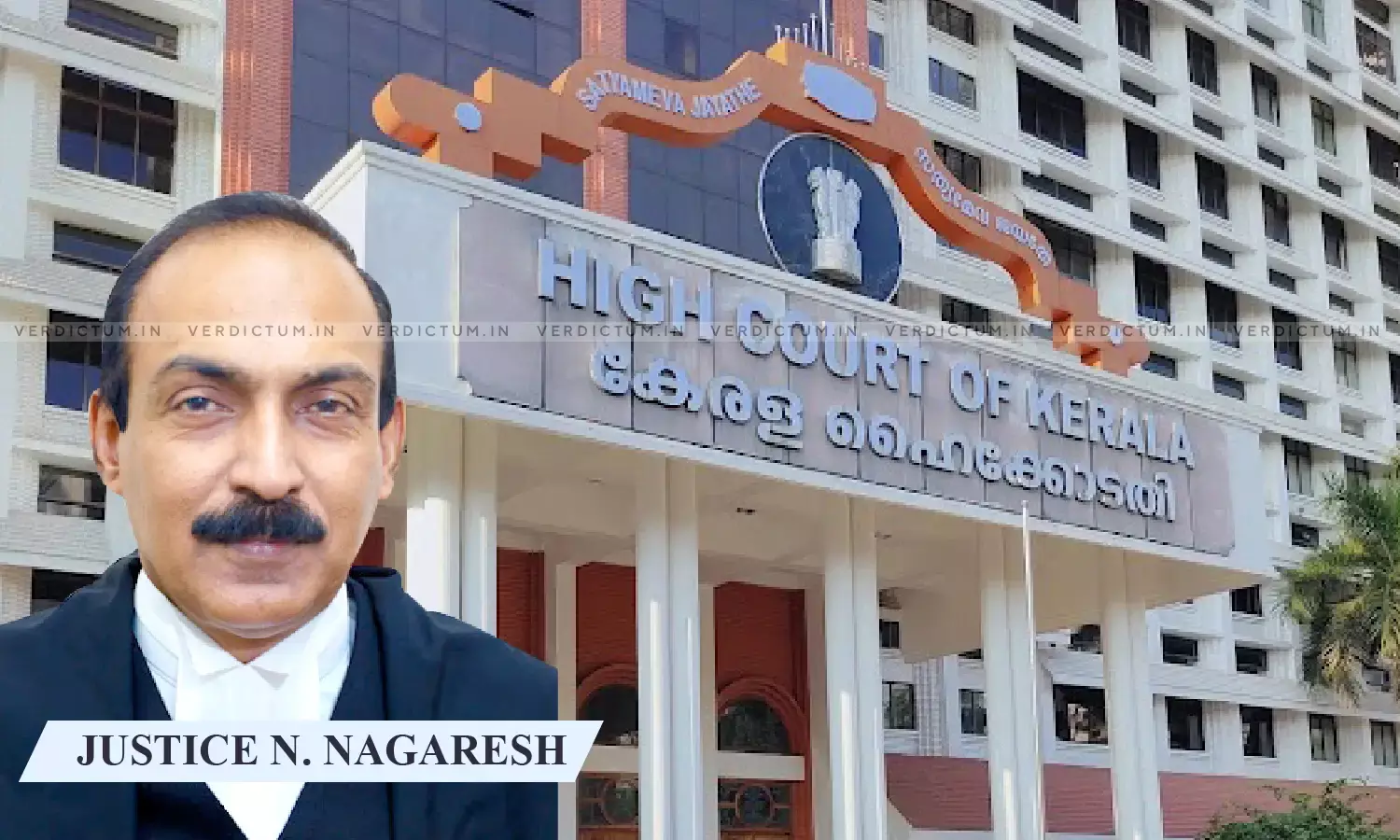Protection U/S 197 CrPC Cannot Be Denied To Police Officers Accused Of Police Excess, Says Kerala HC
The Kerala High Court observed that the protection given under Section 197 CrPC cannot be denied to policemen accused of 'police excess' if there is a reasonable connection between the act and the performance of the official duty.
The court said that the protection of sanction would be available when the alleged act done by the public servant is reasonably connected with the discharge of his official duty and is not merely a clock for doing the objectionable act.
Considering the context in which the incidents occurred, a Single Judge Bench of Justice N. Nagaresh observed that “the police action was in connection with the investigation of a criminal case and the conduct of the petitioners is reasonably connected with the performance of the official duty of the petitioners. The learned Magistrate therefore could not have taken cognizance of the case without the previous sanction of the State Government”.
Advocate Ajeesh K. Sasi appeared for the Revision Petitioner/ Accused, whereas Advocate Jacob Sebastian appeared for the De-facto Complainant/ Respondent.
In this case, the complainant alleged that the accused police officers slapped and punched him and forcibly took him to the police jeep and was assaulted in the police station also, and thus committed offence under Sections 143, 147, 148, 341, 342, 355, 323 and 324 read with Section 149 IPC. The accused stated that they have protection under Section 197 CrPC and they cannot be prosecuted without prior sanction. The Magistrate ordered that the petition for discharge shall be considered after pre-charge evidence under Section 244 CrPC. Challenging this order, they approached the High Court.
After considering their submission, the Bench noted that Section 197 CrPC provides that when a public servant who is not removable from his office save by or with the sanction of the government, is accused in any offence alleged to have been committed by him while acting or purporting to act in the discharge of his official duties, no court shall take cognizance of such offence except with the previous sanction, in the case of a person who is employed or, as the case may be, was at the time of commission of the alleged offence employed, in connection with the affairs of a State or the State Government.
Referring to the decision of Apex Court in Choudhuri Parveen Sulthana v. State of West Bengal and another [(2009) 3 SCC 398], the Bench reiterated that object of Section 197 CrPC is to enable the authorities to scrutinize the allegations made against a public servant so as to protect him against frivolous, vexatious or false litigation.
“The complaint of the 1st respondent is that on 09.03.2001 at about 5 pm, the petitioners slapped him, punched him on different parts of the body, took him to police station and assaulted him while he was in police station also. It is evident that the presence of the 1st respondent was required in connection with investigation into Crime Nos.116/2001 and 117/2001 of the Mannarkkad Police Station”, added the Bench.
The Bench also referred to the judgment in Ohm Prakash and others v. State of Jharkhand [2012 KHC 4532], wherein the Apex Court had held that the requirement of sanction to prosecute affords protection to the policemen who are some time required to take drastic action against criminals to protect life and property of the people and to protect themselves against attack unless unimpeachable evidence on record to establish that their action is indefensible, mala fide and vindictive, they cannot be subjected to prosecution.
Accordingly, the High Court set aside the charge of the Judicial First-Class Magistrate's Court.
Cause Title: P.B Prasobh and Ors. v. K.A Muhammed and Anr. [Neutral Citation: 2023/KER/72897]
Click here to read/ download the Order




